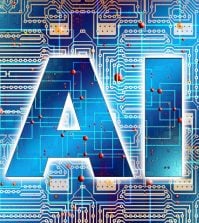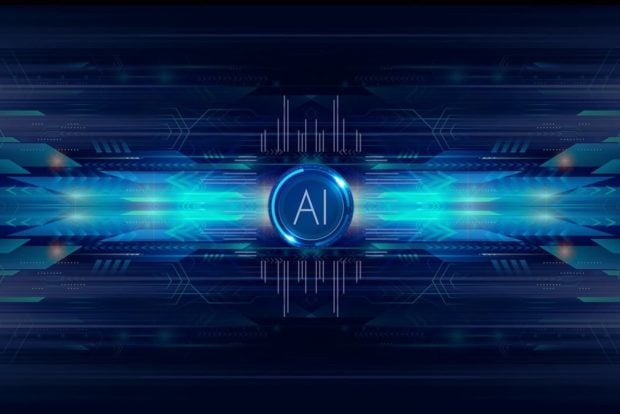Education – The Future?

Education has been one of the most hotly debated subjects around the world for decades but now there is a new element in the discussion – technology.
The debate has moved on from whether we are correctly educating our children for careers in a changing future to one where we have to question whether the teachers will have a career themselves.
One of the developments is the increasing use of computers in classrooms. In many instances they are there to facilitate what the teacher is teaching. But in some cases they are replacing the teachers. On top of that come online tuition and lessons, often at no cost, which are expanding the number of delivery platforms that students can access even in remote parts of the globe.
This is a rapidly changing picture, and one thing is clear – education around the world has the potential for enormous change. But how governments and major departments deal with this challenge is very much work in progress.
Blended Learning
As is so often the case, the driver is the USA. There, the launch of Rocketship charter schools nearly a decade ago incorporated a significant increase in the amount of computer time spent by pupils in the classroom. Organisations like Rocketship Education focus on high-energy teaching and computerised learning as two of the pillars of their approach.
Their programme has been picked up by academies in the UK. The Ark Schools intend to roll out a model where pupils spend time with both teachers and technology, not always at the same time. The Ark Schools intend to open the ARK Pioneer Academy in September 2015.
Sophy Blakeway, ARK Director of Education states: ‘One of the innovations we are keen for the principal to explore is blended learning, a mix of traditional teaching and online learning, in an IT-rich environment.’
Salaries and Savings
In the USA schools like the Rocketship Education schools have had some mixed results, but also some success in eliminating the achievement gap between pupils from different backgrounds and abilities. Rocketship’s CEO, Preston Smith says that the increased use of IT has led to a reduction in the number of teachers.
This in turn obviously leads to money savings, but some of this saving is then ploughed back into paying the teachers more, up to 50% more, which in turn means that they can attract the teachers they want. How this model will be reproduced in the UK has yet to be seen.
Online Learning
More and more information, lessons and modules are being uploaded for free on the internet, allowing increasing access to knowledge. If there is internet access, the current model of a teacher and pupils could be at least supplemented by material online, which may prove to be of benefit to remote or less wealthy villages or communities.
One example of the online resources is the Khan Academy, which has a large website interface where pupils can get free access to lessons on a wide range of subjects. Each pupil also gets their own learning dashboard so they can monitor their progress. The not-for-profit organisation is funded by donations, with donors including the Bill & Melinda Gates Foundation, Google and the Carlos Slim Foundation.
The academy operates through its own site and has a significant YouTube presence with over 450 million views of its videos. The videos have been translated into 65 languages and the website into 23 languages. This is a private enterprise set up by the eponymous Salman Khan and is just one example of where private and public sectors could work together.
Gatekeepers and Robots
The increasing use of online resources, many of them free at the point of use, can look like an attractive option compared to well-paid staff to central governments. The coming wave of computerisation, helped by machines breaking down complex jobs so that several machines each do one part of a human’s job, and the result then combined, means that many jobs are at risk.
Computers, technology and artificial intelligence could well combine to make many jobs redundant. A report in the Economist cites a study claiming that 47% of job categories could be open to automation within two decades. (This is a subject GGF will be examining in more detail in an upcoming post.)
David Willetts, then the UK Universities Minister, said in a speech in July 2014 that he foresaw professions such as accountants and teachers being taken over by robots. He foresaw big changes in education, citing the systems already in place for automated marking of tests.
Whatever the outcome, it is clear that governments around the world will be closely monitoring not only what their children are taught, but the way they are taught. It is unlikely that the children at kindergarten today will have their children taught in the same traditional school way around much of the world. Children already have much of human knowledge available at their fingertips – the teacher in the classroom is no longer the gatekeeper to that knowledge.





















